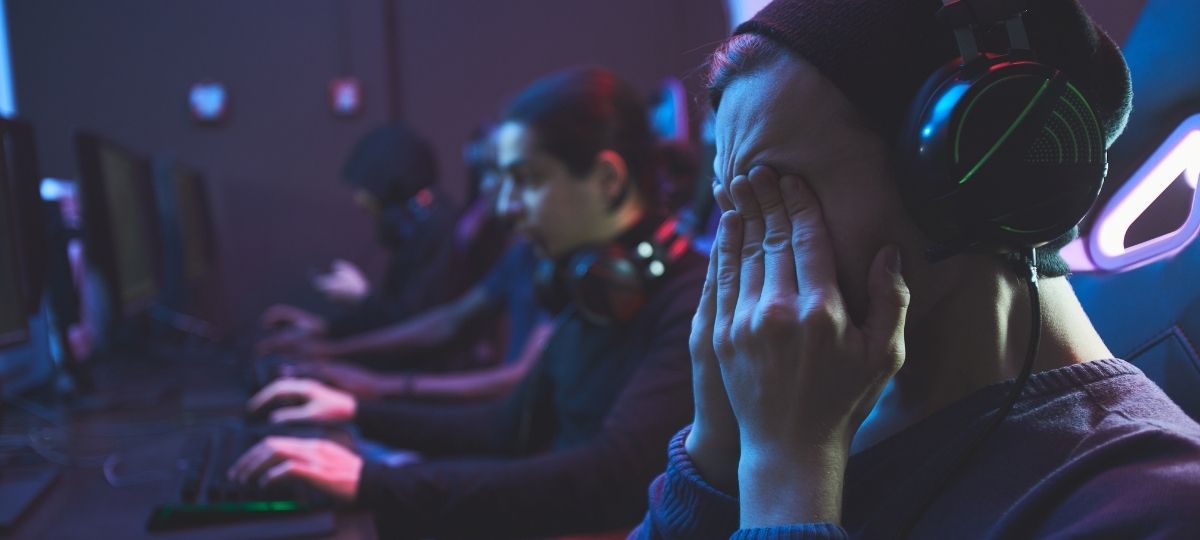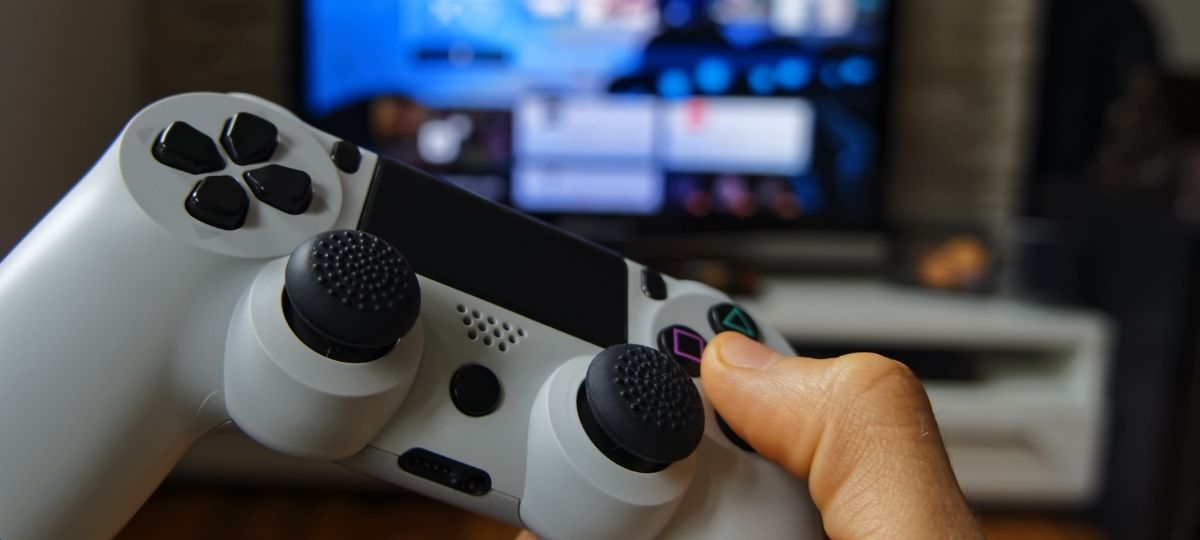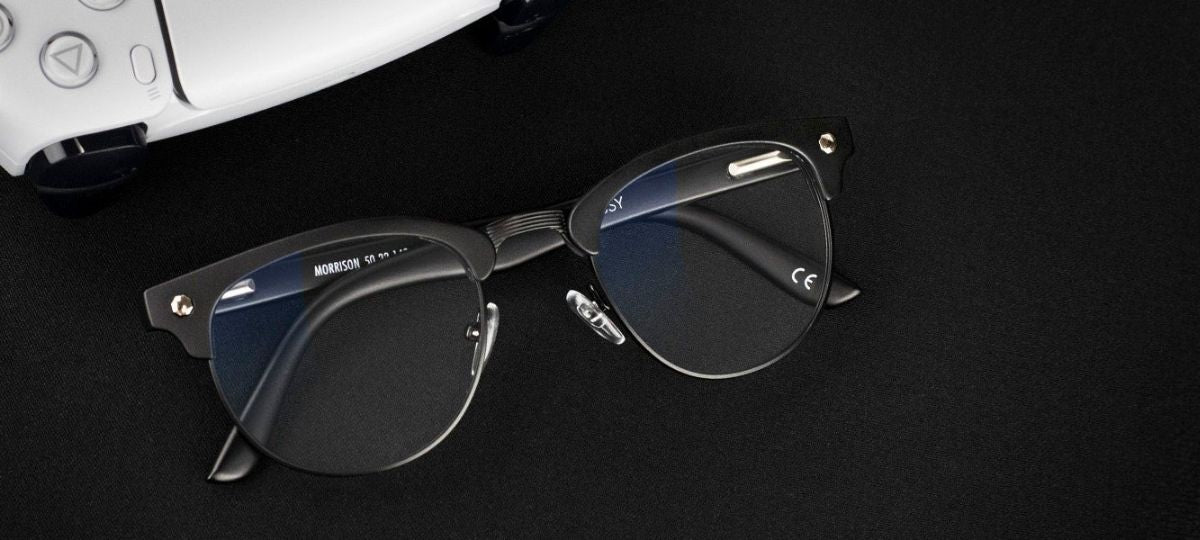In every hobby, no matter how much one loves it or long they’ve been doing it, there comes a point when fatigue starts to set in. It doesn’t always have to do with falling out of love with that hobby, but it can sometimes feel that way in the moment. Gaming is no exception to this. In fact, you could argue that gaming is a hobby that is more susceptible to fatigue than a lot of others. Even the most avid gamers can have moments where they just don’t feel much like playing anymore.
What do we do in this scenario? How do we overcome these feelings of fatigue and boredom so we can once again enjoy the hobby we love? You don’t have to worry that you won’t ever want to game again if you start to feel tired of doing it for a little while. In this article, we’re going to talk a little bit about gaming fatigue and how to handle it. The important things to remember are the symptoms that indicate gaming fatigue and the strategies you can use to help combat it.
Symptoms of Gaming Fatigue
The first part of knowing how to handle gaming fatigue is to identify when you have it in the first place. It isn’t always obvious that you have that fatigue, as it can feel like several different emotions all at once, which can be confusing. Some of these symptoms are harmless and subtle, while others can be quite distressing in how much they seem to affect you. Being able to identify these symptoms will help you understand that you have an issue that needs addressing, rather than an inherent character flaw you can’t do anything about.
Loss of Interest
Perhaps the most obvious symptom of gaming fatigue is the sudden loss of interest in playing anything anymore. There’s nothing wrong with you if you just feel like doing something else for a while. However, if you start to notice that whenever you want to play video games, you can’t seem to find the motivation to actually start, it may be because of gaming fatigue. This loss of interest is common among many gamers, especially after playing for extended periods of time.
Mental and Physical Exhaustion
There’s a difference between mental exhaustion and physical exhaustion that is important to recognize. While physical exhaustion is self-explanatory—headaches, eye strain, back pain, wrist pain—mental exhaustion can take many forms. A common way you might experience mental exhaustion is when things that once excited you start to feel like too much effort to bother with. Your brain only has so much bandwidth for stimuli before it needs a break, and it’s very difficult to force yourself forward once you’ve maxed out that bandwidth.
Poor Performance
For the more serious gamers out there, gaming fatigue can pose a serious problem. Professional gamers must work very hard to prevent themselves from experiencing gaming fatigue, as it can affect their performance in their chosen game. Reflexes can start to slow down, cognition becomes more difficult, and hand-eye coordination can falter when you start to feel exhausted. If you can’t figure out why your performance has taken a hit, it could be a fatigue problem.
Difficulty Concentrating
Even very casual video games require you to have some amount of focus on what you’re doing. If you find that your attention keeps drifting away to other places instead of the game you want to play, you might be in the early stages of gaming fatigue. Concentration is a crucial part of playing almost any game, so it can be very disconcerting when you suddenly find concentrating very difficult.
Handling Gaming Fatigue
Once you can identify that you have a problem with gaming fatigue, it becomes much easier to start to address the issue. For a lot of the physical problems, such as eye strain or headaches, Glassy Eyewear can help you out with our video game glasses, crafted to help gamers like you keep themselves healthy and in the game. For the more mental side of things, there are a few strategies you can try to help get you feeling back to normal.
Getting Proper Sleep
As with almost anything health-related, one good answer is usually getting enough sleep. Sleep is incredibly important to all aspects of our health, both mental and physical—it helps prevent fatigue as well. When you exhaust a muscle, you give it time to rest. When you exhaust your brain, the best thing to do for it is to allow it to rest by getting enough sleep. As gamers, many of us get tempted to stay up late and continue playing our favorite games, but that can lead to fatigue very quickly.
Assessing Mental Health
Gaming fatigue can itself actually be a symptom of something else that you may need to deal with. There are several mental health issues that can cause a loss of interest in something that you once loved. Anxiety and depression disorders are two common culprits for feeling fatigued and tired of the things that once brought you joy. If you suspect that your mental health is affecting your life in a negative way, the best thing you can do is seek help from a medical professional. They will be able to better assess the cause of your troubles.
Reducing Your Pace of Play
For a lot of hardcore gamers, the daily grind can start to feel a lot like work and a lot less like play. If this sounds like something you go through, you may want to try slowing down your gaming pace. While this can mean that you play less overall, it could also mean trying a different, slower-paced game. The break from high-intensity action or strategy might be just the thing to reset your brain.
Allowing Yourself To Take Breaks
When it comes down to it, sometimes you just need to step away for a while. Give yourself a little time to miss the games you once loved, and you might find that the love returns to you. Doing anything, even something enjoyable, for multiple hours a day, every day, is bound to wear you down eventually. Take a few days off to try something else for a bit and come back to your game when you feel refreshed and ready to go again.
Glassy Eyewear understands gaming fatigue from both a mental and physical level, and we’d love to help you fight back against it so we can all keep enjoying the games we love.



